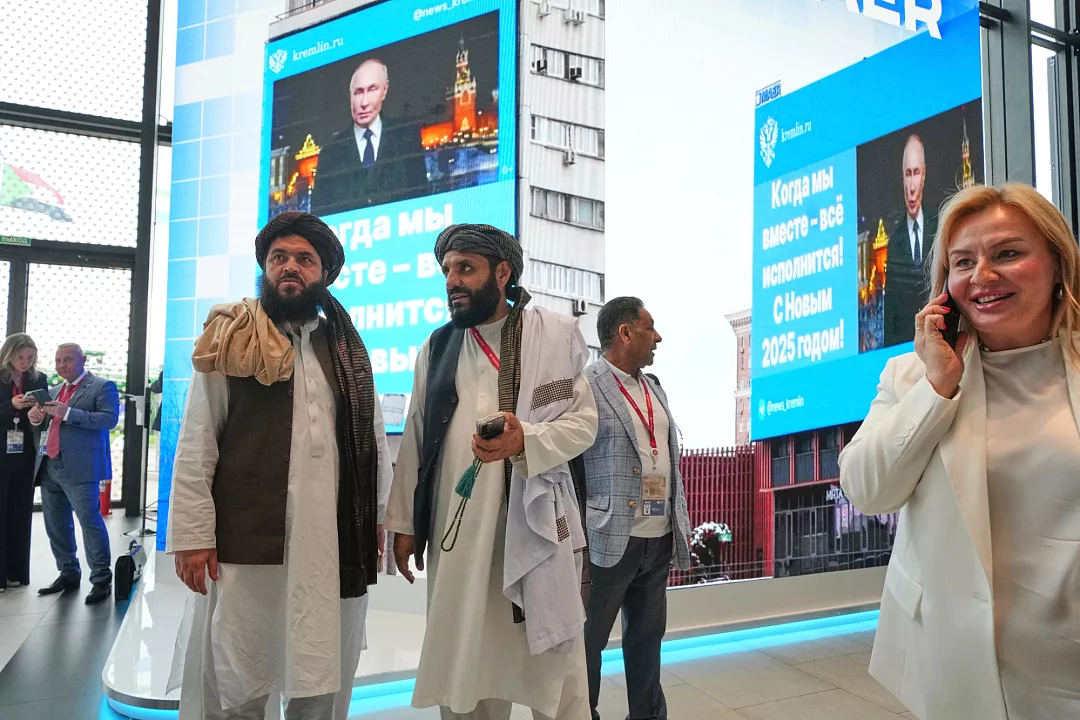It is unlikely on any given day for the socio-political landscape of Pakistan to be characterized as anything but dull. However, the chain of events this week, in particular, rendered all other occurrences in the past few months fathomable if not wholly dull by contrast. Beginning from the shocking news of senior journalist Arshad Sharif’s death under mysterious circumstances in Kenya, was set in motion a clock that had hitherto ceased to register even its sluggish ticks. Received by the populace with both unprecedented grief and anger, the tragedy may be remembered in times to come as a momentous event that sealed populist narratives and made emerge from the shadows those who might otherwise not have comprehended it.
Remarkable Revelations
For perhaps the first time in Pakistan’s history, the Director General of the notoriously omniscient Inter-Services Intelligence (ISI), Lt Gen Nadeem Anjum joined the military spokesman in a press conference. Speaking at length, he defended his institution and the armed forces against what he maintained was a smear campaign on the behest of Pakistan Tehreek-e-Insaf (PTI) since it was ousted from power through a no-confidence motion in April. In addition to challenging popular rhetoric, he highlighted “a danger of chaos and upheaval in the country” should it be allowed to continue unabated.
Undoubtedly a rare sight to have state fissures so explicitly put on the public stage, one wonders if there is still room for any optimism concerning the political framework or dependable leadership in the country.
Albeit unusual, public acknowledgments of resentments among political and apolitical actors do not negate their comparatively covert pre-existence. Moreover, the pressing issue is that of the reliability of party leadership against the ideological underpinnings of the state. In this light, it is also pertinent to reflect on civil-military relations in the country’s volatile history and examine if democratization has suffered owing to military interventions in the polity of the state, or if they have been a consequence of compromised ideals and personal dissents that have left the ground ripe for other actors to fill the power vacuum.
The Quest for Power
A society without an efficient political culture will leave the military structures or institutions as the only entity to rule, according to Samuel Finer (1962), who argued that political culture establishes the conditions for military interventions.
The political culture of a country is the collection of attitudes, convictions, and perceptions that provide political processes structure and meaning as well as the guiding principles and approaches that direct behavior inside the political system.
In Pakistan though, the political culture defies its usual definition and constructs an alternate atmosphere of elite capture impacting both state institutions and society. Allegedly localized and dispersed, the political system is structurally constrained by a severe power struggle between political leaders and civil-military bureaucracies. This has resulted in parochial political parties with narrowed scopes and myopic objectives.
Exploiting and occasionally fanning the flames of social divisions along ethnic or regional lines, various political parties and leaders have blatantly strived to protect their own interests, with a tendency to seek the patronage of locally influential leaders with their set of proponents rather than establishing their organizations or garnering genuine principled support.
Democratic Evolution
The emergence of PTI on the political scene in Pakistan marked the country’s transition from the erstwhile rotational preeminence of the Pakistan People’s Party to the Pakistan Muslim League (N). While the post-2008 period can be adequately lauded for relative stability and democratization in the country, there is no escaping the dynastic structure, echoing the archaic Divine Right of Kings, that continues to dominate democratic polity in ironic contrast. While it may appear that an independently emerged charismatic leadership, as in the case of PTI, is the resounding response to merely the heirs of a political legacy, this too brings complications of its own.
For as long as the political dynamics of the country are shaped by personalities, bound by nature to perish at a certain point, the country will not realize its true democratic potential.
It is imperative at this juncture to remember that a political party or group’s legitimacy to form a government rests not only on charged rhetoric mobilizing masses against real or imagined foes; but the reflection of its stated ideals, values, and perspectives in its conduct of public policies to the advantage of those masses. If Pakistan is to transition to a stable, durable democracy, its polity will have to reevaluate its progress on the ideals of effective participation, equality in voting, shaping an informed electorate, relegating due control of the national agenda to citizens, and ensuring inclusion and protection of their fundamental rights. Comforting though it may be to vest excessive faith in personas, it may not secure long-term national interests and goals to realize its founding vision.
Whither, Pakistan?
Amid the turmoil and loud dissent that has been gripping the country, the time is opportune to assess not only where perceived opposition has inflicted damage to the country and its populace, but also the actions and conditions which have led to an increasingly fractured and polarized sociopolitical fabric. If nothing, the nation’s resilience should manifest in carving out a destiny wherein envisioned ideals, not individuals, reign supreme.
Also See: IDEOLOGICAL FOUNDATIONS OF PAKISTAN : STRUGGLE, SACRIFICE & STATECRAFT




![Afghan men search for victims after a Pakistani air strike hit a residential area in the Girdi Kas village, Nangarhar province on February 22, 2026. [Aimal Zahir/AFP/Getty Images]](https://southasiatimes.org/wp-content/uploads/2026/02/gettyimages-2262391441.webp)

